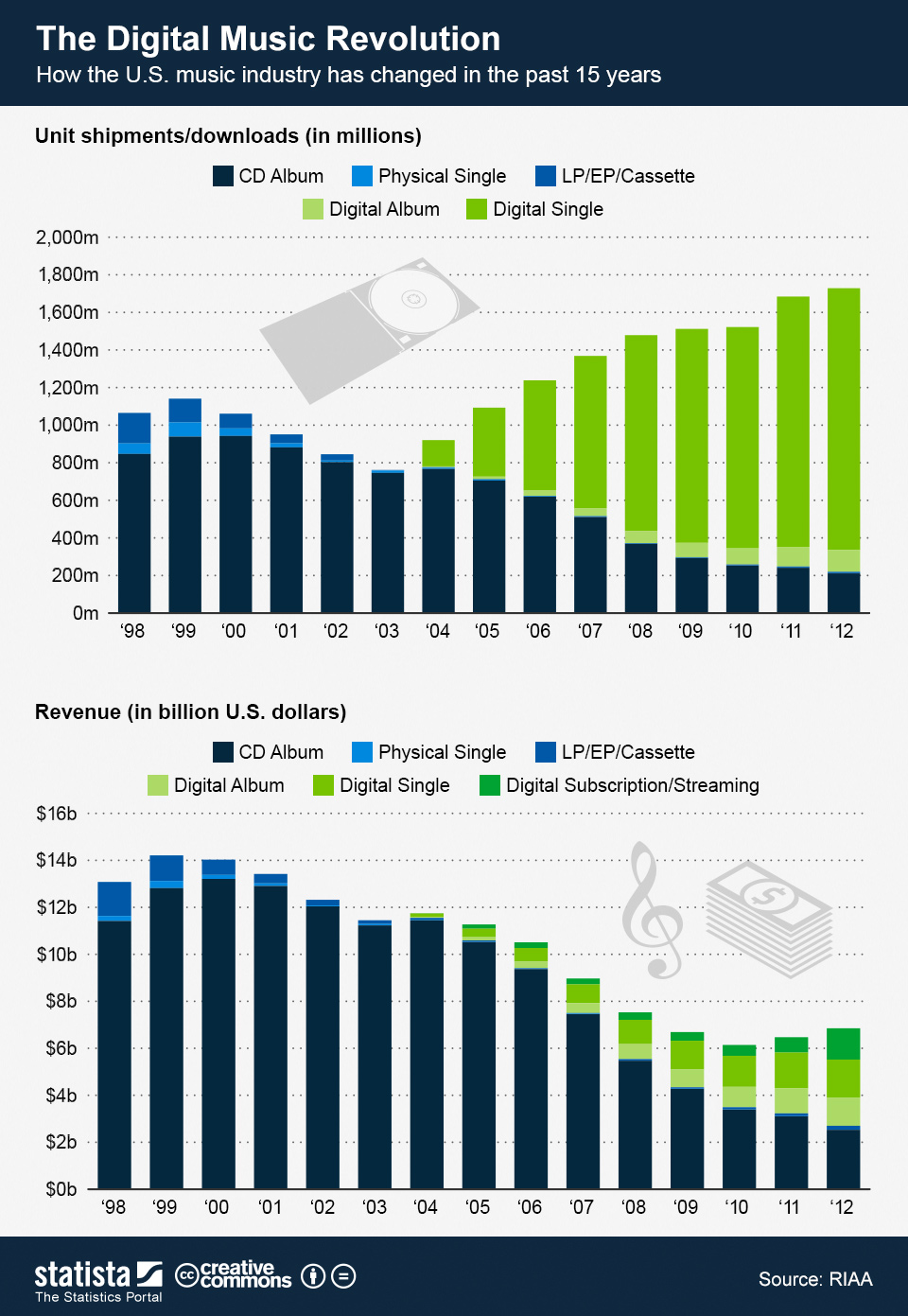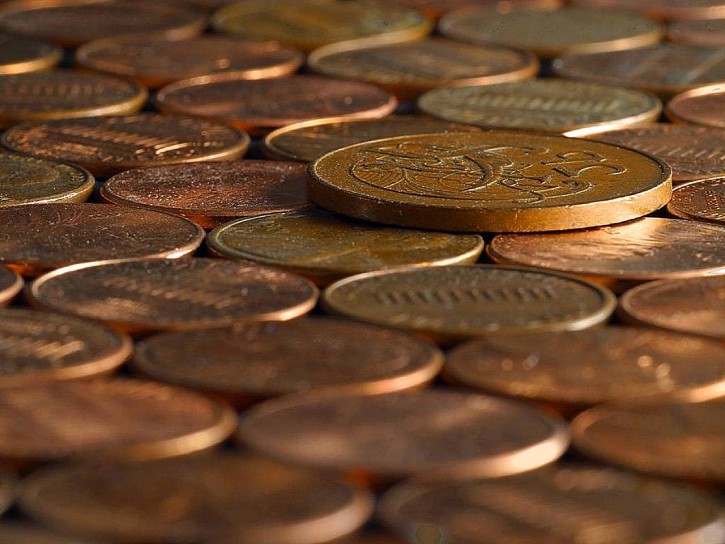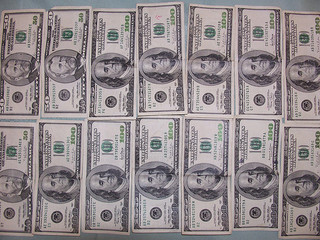A decade ago, it looked like downloadable digital tracks might just kill the music industry. Now, it may well be its salvation.
Google’s (GOOG) pending launch of a new streaming service is the latest sign of how digital music is reviving the global recording industry. The search engine giant’s new music service is called Google Play Music All Access. It will work across multiple devices and it’ll cost about $9.99 per month.
Users will get playlists of related artists sent to them from the Google Play library and customers will have the ability to swipe out tracks they don’t want to listen to. The service also gives users the option to manually add songs to a playlist or ask for recommendations.
Google now enters an arena already populated by services such as Pandora (P), Spotify, Microsoft’s (MSFT) Xbox Music, Rdio, and other similar products. Next up could be Apple (AAPL), which may be close to launching a Pandora-like service sometime later in the year.
If so, that would be a big shift for Apple, which created the first legal digital marketplace for music with its iTunes site. The music store, which started out more than a decade ago with 200,000 songs, reached its 25 billionth download earlier this year. Yet with the arrival of cloud content storage, the whole download-to-own model has become far less popular. In other words, the great disruptor of music (Apple) has been disrupted by newer players and now needs to rethink its approach.
Google and Apple (should it take the plunge) will have big size advantages if they can develop streaming services that really click with consumers. In this game, scale matters because of royalty costs that must be paid by music streaming services to artists and recording labels.
For instance, Pandora negotiated a disadvantageous royalty agreement back in 2009 when it was a start-up. Now, it has 70 million active users and its royalty fees during recent quarters has devoured at about 55% of Pandora’s revenue.
But step back, and there is good for the music industry as a whole. In 2012, global record music sales rose, albeit just 0.3%, for the first time in 13 years. From overall sales of $16.5 billion, digital music sales hit $5.6 billion and increased 10%. The industry may have finally turned a corner.
To get a sense of how digital technology has radically reshaped the contours of the U.S. music business, check out these charts down below, courtesy of Statista.
Photo Credit: The Ghost of a Flea
The investments discussed are held in client accounts as of May 1, 2013. These investments may or may not be currently held in client accounts. The reader should not assume that any investments identified were or will be profitable or that any investment recommendations or investment decisions we make in the future will be profitable.





